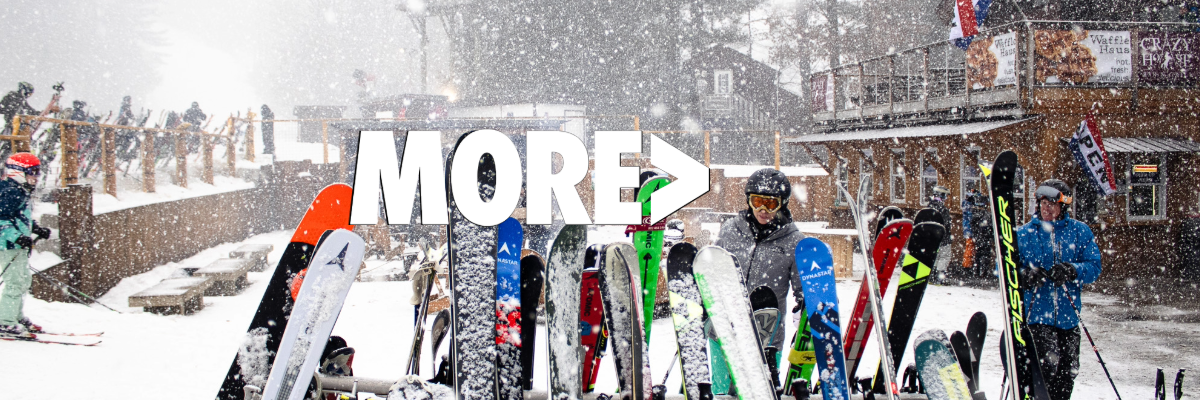Get access to everything we publish when you
sign up for Outside+.
Running has long been hailed as a sport that is for everybody, built on the premise that all you need are a pair of shoes and the ability to get out the door. But participation in the sport has grown increasingly homogeneous, especially among young athletes who face barriers to accessing opportunities. Running apparel brand Tracksmith is hoping to change that with its new Tracksmith Foundation.
The organization will be led by executive director Russell Dinkins, who has spent much of the past couple of years saving track and field programs from elimination at colleges and universities across the country. Dinkins, who competed as a 400-meter and 800-meter runner at Princeton University, has collaborated with Tracksmith for the last year, as the brand has supported his work. He’ll continue focusing on this cause while also helping the foundation grow.
“He’s doing this work because of the racial injustice that occurs when a diverse program is cut in favor of one that’s more homogenous, which so aligned with how we have been thinking about the reason why track and field is important,” says Ryan Eckel, Tracksmith brand president. “His values were 100 percent aligned with ours and the way that he looked at the sport was aligned with the way that we did, so it was just such an easy choice to have him come and keep doing that work with even more support from us and the formality of a foundation to help with fundraising and give him a bigger platform for his efforts.”
The foundation will aim to boost participation in the sport of track and field among the youth and young adult level while eliminating barriers to access, creating more equitable opportunities. Many programs aren’t offered to younger kids and Tracksmith wants to change that.
“There’s a shorter amount of time for kids to sample the sport before high school and sport sampling is important in terms of finding their fit,” he says. “If you look at the way other sports present themselves from a cultural standpoint, they just create a lot more inspiration around it, and we think that inspiration might be something we could do to better drive participation in track and field at the youth level.”
RELATED: How to Stay in Love With Running, Even After You’ve Run More Than 1,000 Races
So far, the foundation has identified some of the issues that prevent youth from participating in sports like track, like access to transportation. Many programs also struggle to find quality coaching.
“This includes coaches being prepared to socially and emotionally deal with adolescence,” Eckel says. “A poor coaching experience may mean that an athlete will leave the sport and never return.”
RELATED: What Nutrition Should Look Like for an Active Teenager
Tracksmith has also created a fellowship program to increase diversity and representation in storytelling in the sport. The goal to amplify underrepresented voices includes projects such as Dinée Dorame’s Grounded podcast), will likely be rolled into the new foundation.
“We’ve always been so struck by the idea that track and field is most likely the most diverse sport in the world, in terms of racial diversity and body-type diversity, for example, and that most people have the ability to participate because it’s the most affordable sport,” Eckel says. “[Additionally,] a lot of other research shows that if you have experiences with people who are different from you when you’re young, you are less likely to hold biases later in life. We feel that track and field is unique because of that diversity, the impact that having diverse experiences can have on adulthood, and what that can do for our society at large.”
The foundation’s first fundraising event, the indoor Midnight Mile, is currently scheduled for New Year’s Eve in New York, but the COVID-19 situation may force the organizers to adjust plans.
RELATED: Doors Open to High School Runners as Uniform Policies Shift to Favor Inclusivity
